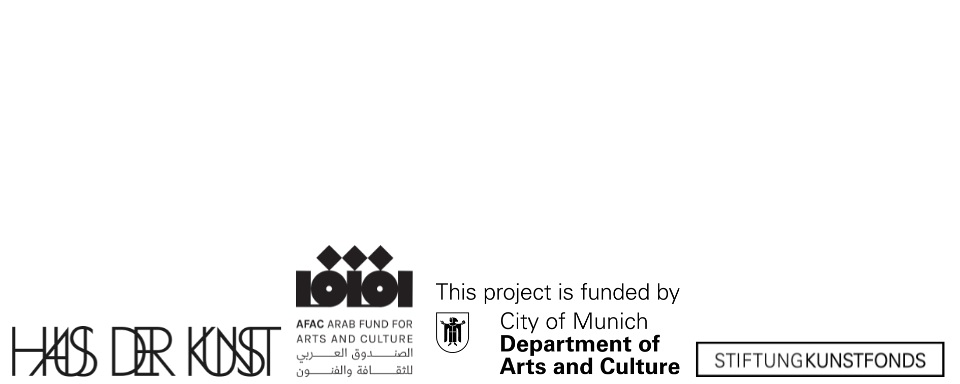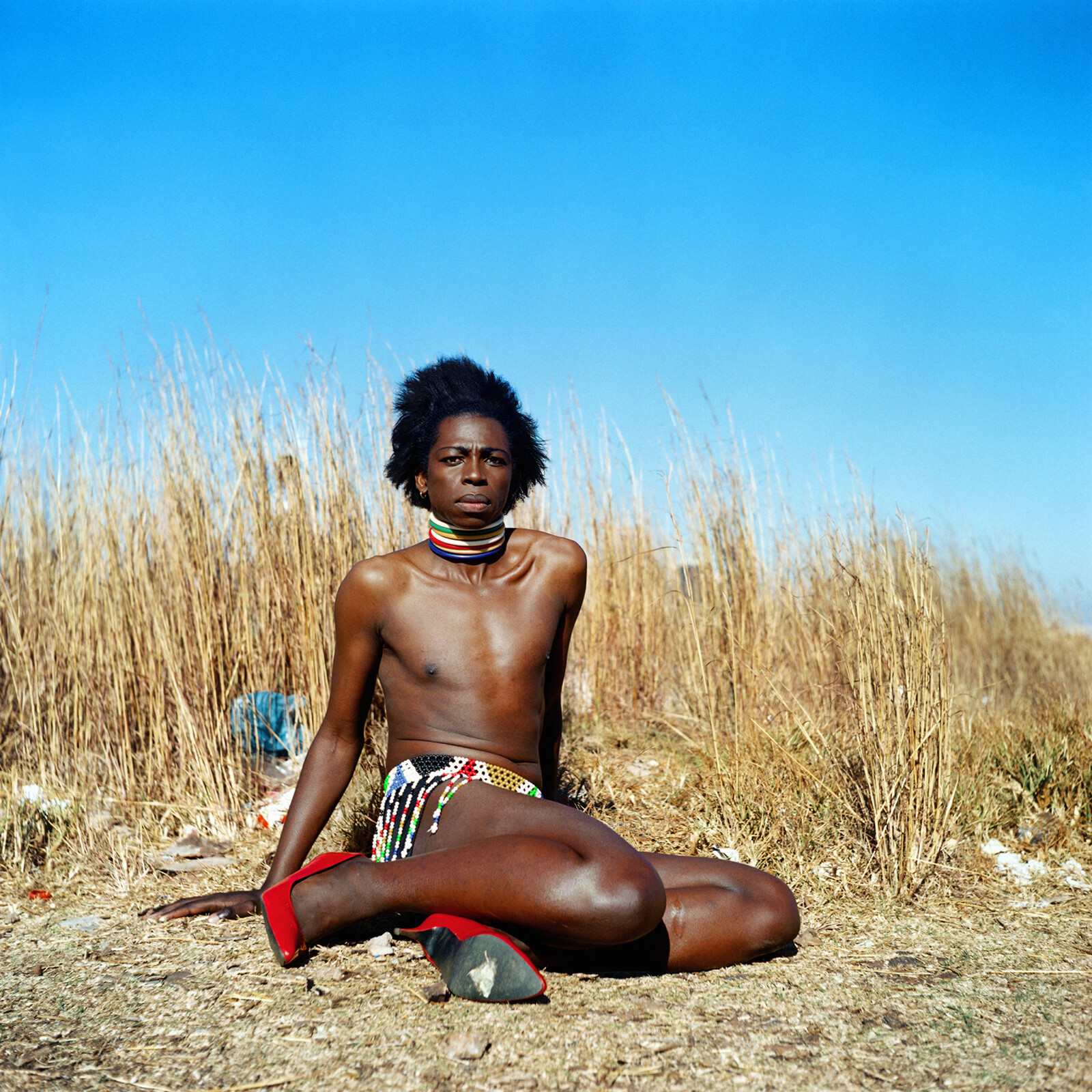Photography and Video from The Walther Collection
April 14–July 23, 2023
All-Over
March 16–July 23, 2023
Prinzregentenstrasse 1
80538 Munich
Germany
Hours: Wednesday–Monday 10am–8pm,
Thursday 10am–10pm
T +49 89 21127113
mail@hausderkunst.de
Trace—Formations of Likeness
Photography and Video from The Walther Collection
April 14—July 23, 2023
“The programme at Haus der Kunst is focused on transdisciplinary approaches, transnational outlooks, collaborative making, re-evaluations of histories, and the presentation of work by emerging artists and by trailblazers from the recent past. The major group exhibition, Trace—Formations of Likeness, knits these various threads together.” —Andrea Lissoni, Artistic Director, Haus der Kunst
The core focus of the major survey exhibition Trace—Formations of Likeness, drawn exclusively from The Walther Collection, is portrait photography—of people, objects, and places—and the tracing of societal transformation across geographic spaces and contrasting socio-political and cultural landscapes. The photographic portrait is deployed as a means to shape identity, to advocate for social change and as a subversive strategy for visibility, often through an intimate investigation of politics of memory, history, and embodiment. The substantial breadth and dialogical scope of the exhibition, which encompasses works from the last three centuries and brings together artists from Africa, America, Europe, and Asia, enables the viewer to consider not only the parallel histories of the medium, but for its materiality, taxonomy, and serial structures drawn into question. The juxtaposition of archival, documentary and vernacular photography, offers a global context to reflect on the divergent trajectories of historical and contemporary photography today. Collectively, they showcase the medium’s capacity as both an instrument for empowerment and formation of the self, as well as its complex uses as a tool for control and subjugation.
The exhibition is developed in close collaboration with The Walther Collection, a New York / Neu-Ulm–based art foundation internationally recognised for their critical engagement with contemporary and historical photography, as well as lens-based media.
With works by: anonymous artists and Ai Weiwei, Jane Alexander, Dieter Appelt, Richard Avedon, Martina Bacigalupo, Sammy Baloji, Yto Barrada, Bernd & Hilla Becher, Jodi Bieber, Karl Blossfeldt, Candice Breitz, Cang Xin, Edson Chagas, Kudzanai Chiurai, Mitch Epstein, Em’kal Eyongakpa, Rotimi Fani-Kayode, Samuel Fosso, David Goldblatt, Kay Hassan, Hong Hao, Huang Yan, Pieter Hugo, Délio Jasse, Seydou Keïta, Lebohang Kganye, Sze Tsung Nicolás Leong, Lin Tianmiao, Lu Yang, Luo Yongjin, Ma Liuming, Christine Meisner, Hentie van der Merwe, Sabelo Mlangeni, Santu Mofokeng, S. J. Moodley, Zanele Muholi, Eadweard Muybridge, Grace Ndiritu, J.D. ‘Okhai Ojeikere, Adolfo Patiño, Dawit L. Petros, Jo Ractliffe, Rong Rong, Thomas Ruff, Ed Ruscha, August Sander, Zina Saro-Wiwa, Berni Searle, Sheng Qi, Accra Shepp, Yinka Shonibare, Malick Sidibé, Aida Silvestri, Penny Siopis, Song Dong, Thomas Struth, Munemasa Takahashi, Guy Tillim, Michael Tsegaye, Sue Williamson, Xu Yong, Yang Fudong, Suzuki Yoshikazu und Kimura Shōhachi, Kohei Yoshiyuki, Zhang Huan and others.
Hamid Zénati: All-Over
March 16–July 23, 2023
“My favorite colour is colourful.” —Hamid Zénati
Hamid Zénati: All-Over is the first institutional exhibition dedicated to the work of the artist Hamid Zénati (b. 1944, Constantine, Algeria; d. 2022, Munich, Germany). Travelling between Munich and Algiers, Zénati’s artistic practice ranged from painting on textiles to interior and fashion design to photography, always driven by an anarchic impetus to create. The presentation centres on a selection of the artist’s textile paintings, flanked by objects from his studio that provide an insight into Zénati’s sources of inspiration and working methods as well as into his distinct artistic cosmos.
The exhibition’s title, All-Over, is derived from the term often used by the artist himself to describe his approach to textile design, characterised by a sheer inexhaustible abundance of forms, patterns as well as a combination of colours, materials and techniques. Mostly unknown and leading a life in Germany under precarious conditions, Zénati was a keen observer of social, cultural and artistic movements, which resulted in a unique cosmopolitan perspective that challenged established boundaries between styles, genres as well as fine and applied art.
Hamid Zénati: All-Over is generously supported by The Arab Fund for Arts and Culture, Stiftung Kunstfonds and the City of Munich, Department of Arts and Culture.




